Nuclear Plant Ban Might Lead to an Energy Shortage in Bavaria
Ifo president Sinn advises to reverse the decision to give up nuclear power
Three years after Germany decided to implement the energy transition, many experts warn Bavaria might face a supply gap of electric power in the future. Bavaria had a high percentage of nuclear power; until 2010, 40 percent of electric power was produced in one of five nuclear power stations. After the Fukushima nuclear accident, Germany decided to quit nuclear power totally until 2022 and shut down the older power stations directly. Only half a year before, in September 2010, the government of CDU/CSU and FDP started the energy transition “Energiewende”. The goal is to produce 60 percent of all energy from renewable sources until 2050. Then, nuclear power was part of the energy transition. To reach this renewable energy, wind and solar power are highly subsided and the share of sustainable sourced increased is much stronger than expected.
Actually, the success of wind and solar energy leads to the main problem. By law, these sources have a priority to be fed into the power net. On sunny or a windy day, the “new powers” produce more electricity than consumed. Of course this cannot be provided at any other time throughout the year. Therefore, conventional power stations are still needed. But the more renewable power is provided, the less economically profitable these stations are. In Bavaria, new conventional power stations have to be built to replace nuclear power stations.
According to a Prognos study on behalf of the Bavarian economy association (vbw – Vereinigung der Bayerischen Wirtschaft), at the time the next nuclear power stations are closed, Bavaria might face a supply gap because new gas power stations necessary to replace nuclear power and a more efficient power supply system to bring wind energy produced in Northern Germany to the south will not be ready by then.
Economic expert Prof. Hans-Werner Sinn, president of the Munich Ifo institute, focused on another aspect. By quitting nuclear power Germany will not fit its climate change goals. Nuclear power is now mostly replaced by coal, which strongly raises emission of carbon dioxide. Presently, Germany is the only industrialized country to end nuclear power and strongly promote renewable energy sources. Most other countries still use or even plan to build new nuclear power stations. Another aspect of the energy transition is very high costs for energy in Germany. This has already had a negative impact on industrial production here. Sinn’s advice is to reverse the decision to give up nuclear power. Otherwise Germany will not reach climate change goals and additionally will have a disadvantage in international competition.
Stephan Rauhut for MunichNOW
















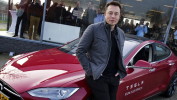






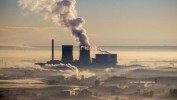



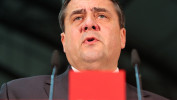













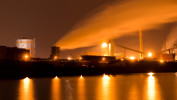













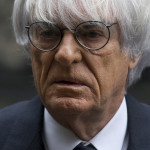
 Euro Converter
Euro Converter